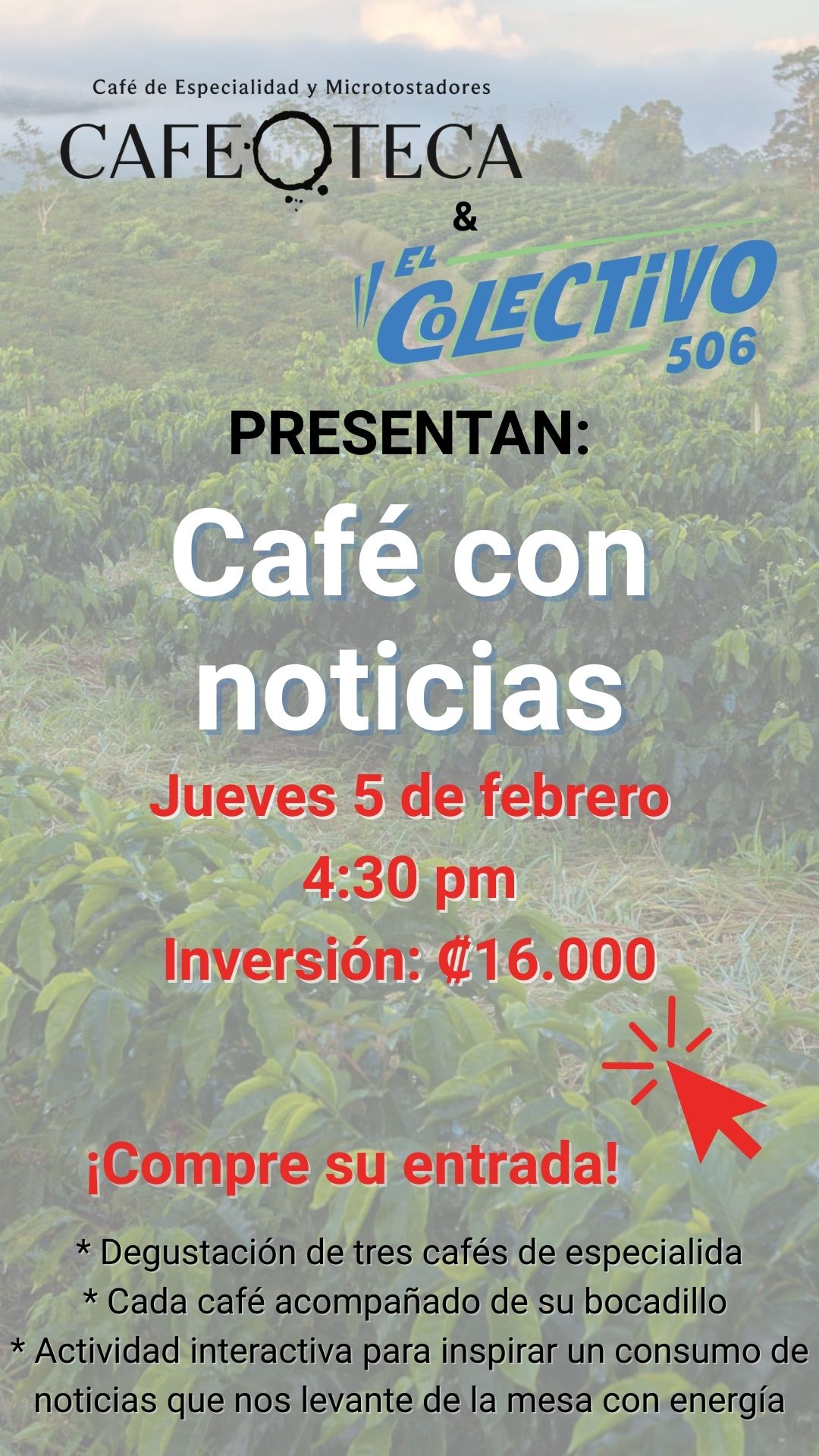Why did Mónica, the co-founder of our microbusiness, arrive at an event carrying garbage bags?
Because it wasn’t trash—it was recycling material, and we’d been invited to the event to talk about our solutions journalism about recycling. What better way to open the discussion than to set up a competition among the participating entrepreneurs to sort through the materials on their tables and try to identify which were recyclable and which weren’t?
The entrepreneurs who attended an environmental forum that day, June 8, at the Costa Rica Tennis Club in San José, are part of the Association of Women Business Leaders and Entrepreneurs for Sustainable Development (AREED). This nonprofit entity was created promote “understanding, sisterhood, cooperation, and sustainable businesses among female business leaders and entrepreneurs from Costa Rica and Nicaragua, as well as migrant entrepreneurs.”
To commemorate World Micro, Small, and Medium Entreprises (MSMEs) Day, we asked AREED president Alejandra Romero to tell us more about what the organization is all about. Excerpts follow, edited for clarity.
What are some of the main challenges that MSMEs face in Costa Rica?
The first challenge has to do with costs and capital: access to financing, the high costs of formalization, high costs of production and raw materials.
However, there are also other challenges that have to do with the information available to thee entrepreneurs; it’s often duplicated, or scattered. They also face the challenge of ignorance of markets, costs, and marketing, in addition to a lack of strategic spaces for commercialization.
How do women- and refugee-led enterprises experience these challenges?
The lack of financing slows the growth of their businesses, because they have to use their savings or family support to invest in their growth. The high costs and the complexity of the formalization processes mean that many women’s businesses remain informal, and therefore find it difficult to grow.
The burden of the care economy, which is placed on women, often prevents them from training in key topics such as marketing and cost accounting. This limits their ability to improve.
What does AREED do to support entrepreneurs to overcome these challenges?
We train them to improve their processes, organize their costs, and have more impact through marketing and sales. We connect them with decision-makers to help them find marketing spaces and potential buyers. We guide them in their financial organization, and finding financing.
We also create channels for them to market their products, and we open safe spaces for them to connect with each other.
What are some examples of the impact AREED has had?
Teaching the importance of strategic alliances is one. Getting their products placed in collective stores is another. We have given them essential tools to make their products more visible, such as light boxes, banners, and tables for fairs, among others.
Another kind of impact we’ve had is cultural integration and human connection between Costa Ricans and migrants. We have even inspired some cross-border business between Nicaragua and Costa Rica.
What’s something you’ve learned along the way at AREED that has helped you improve the way you operate?
The vital need to first see ourselves as women, in our own greatness, and in our immense capacity to create economic and creative resources; communication; and sisterhood.
What are the limitations you face as an organization to continue or increase your work?
We need more funding so we can become sustainable and better support our associates. But another limitation is the insufficient culture of associativity in this country. Our members often participate very little. They believe that their involvement is not necessary. It is difficult for them to understand that they are the owners of the association, and that they therefore share responsibility with the Board of Directors to move the organization forward and make sure it provides them with the support that they require. For example, it is difficult to get them to participate in surveys where they are asked about their needs, or in meetings where we ask them about the organization’s future activities.
Supporting an MSME can involve an additional investment of time and money for the consumer. On World MSME Day but every day, what is your go-to argument about why we should all take that step?
MSMEs are the economic and social engine that drives progress in our countries.






